Kenyan Engineer Accuses UK of Stealing His Military Plane Invention
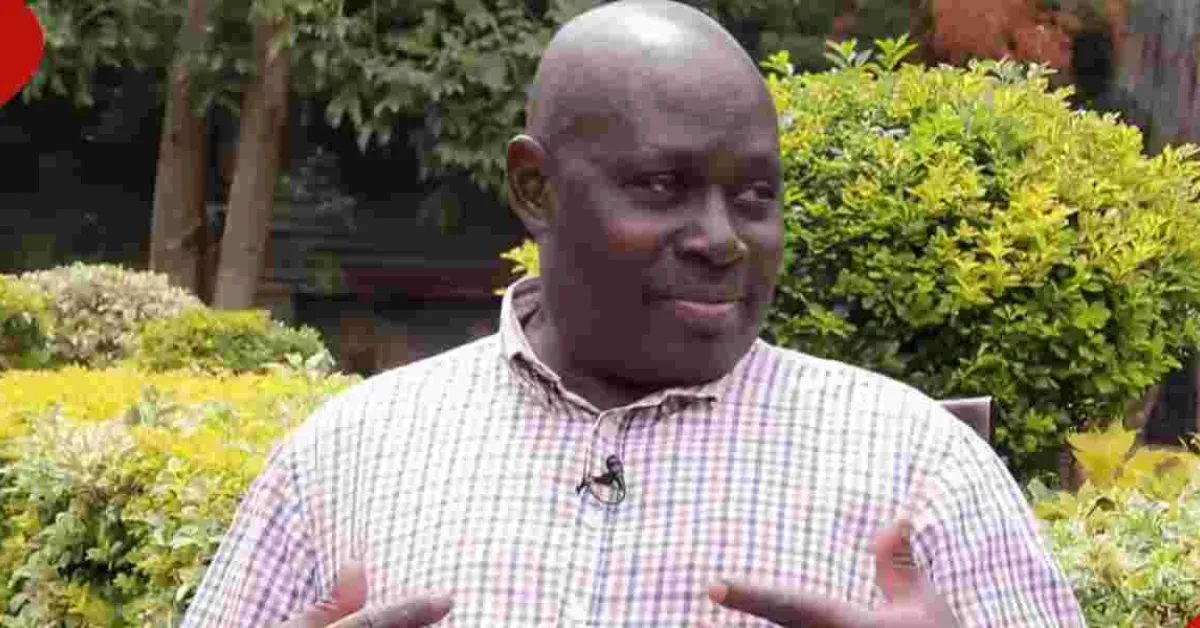
Kenyan mechanical and materials engineer Sammy Onyango has made a controversial claim regarding the alleged theft of his groundbreaking military invention which he asserts led to his deportation from the United Kingdom.
In an interview, Onyango shares his account of developing a crucial component for the Onboard Oxygen Generation System (OBOGS), which had significant implications for both military and commercial aviation. Onyango's story is set against the backdrop of Operation Desert Storm, also known as the Gulf War, which began on January 16, 1991. This conflict arose in response to Iraq's invasion and seizure of Kuwait five months earlier. A massive US-led coalition force launched an extensive air and ground campaign against Iraqi forces in Kuwait and Iraq, aiming to expel them from Kuwaiti territory.
According to Onyango, during the Gulf War, British Tornado jets faced a significant challenge in their bombing missions. The laser-guided missiles they carried required extremely cold liquid oxygen to maintain accuracy. The jets' oxygen supply, stored in cylinders, would often run out, necessitating mission aborts and resupply, making the operations both cumbersome and costly. To address this issue, Doughty Weapons Systems of England proposed the OBOGS. However, the inherent flammability of oxygen posed a serious safety concern in aviation contexts. As authorities sought a solution, Doughty and NASA approached Onyango's university for assistance.
Onyango claims that in 1991, he developed a unique material for constructing the pump that generates pure oxygen onboard both commercial and military aircraft. His invention allegedly played a crucial role in resolving the oxygen supply problem, significantly enhancing mission efficiency and reducing operational costs. Despite the apparent significance of his contribution, Onyango alleges that he was pressured to remain in the UK. Upon refusing, he claims he was deported back to Kenya, with his invention allegedly appropriated without proper acknowledgement or compensation.



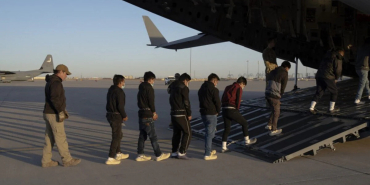


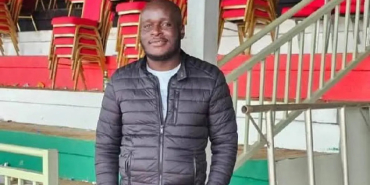
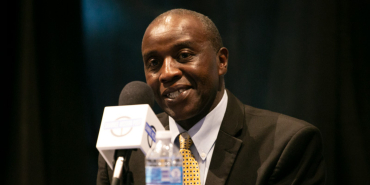
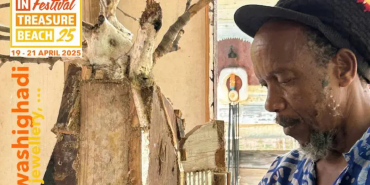





Comments
There is something which…
Permalink
There is something which does not add up here. This kind of invention would require research, which is expensive, and requires funding. An individual cannot do it alone, without being facilitated by an organization such as the Military, or a University. In which case the invention actually belongs to whoever paid for the research, because the people who worked on the project were paid for their work. It's like a chef who makes good food, thus attracting many customers to a restaurant, asking the owner for a share of the profits, yet he is paid a salary, as the chef.
@ Settled Nomad, you are…
Permalink
In reply to There is something which… by Settled Nomad (not verified)
@ Settled Nomad, you are very correct so long as you are an employee,the default owner is the company you work for.As you well put it, it is very expensive to fund your own research,thus you need some institution or company to fund you. Of course the only exception is if you can do it on your own. Not many can have that luxury...
I would also think that this gentleman consulted a patent attorney at some point... Anyway,let the government commission him to invent something""MADE IN KENYA".He seems to have the brains.
Brother, if you didn't…
Permalink
Brother, if you didn't pattern your invention most likely you will lose in a court of law.
Let's borrow a leaf from our brother who had hundreds of patterns while working for PepsiCo.
*Patent!
Permalink
In reply to Brother, if you didn't… by Kora Kanini (not verified)
*Patent!
This guy was on tuko and his…
Permalink
This guy was on tuko and his testimony was whacky. A being with 12 fingers and 12 toes he assumes to be an angel downloaded to him God's message. Now such beings biblically were giants aka nephilim descendants of fallen angels/demons. He's delusional to the max
I listened to Kenyan…
Permalink
I listened to Kenyan mechanical and materials engineer Sammy Onyango being interviewed by Lynn Ngugi and there is no doubt there is something wrong with this engineer. He was switching topics in an instant and would inject religious themes and other incomprehensible matters to a point he sounded unhinged.
Add new comment